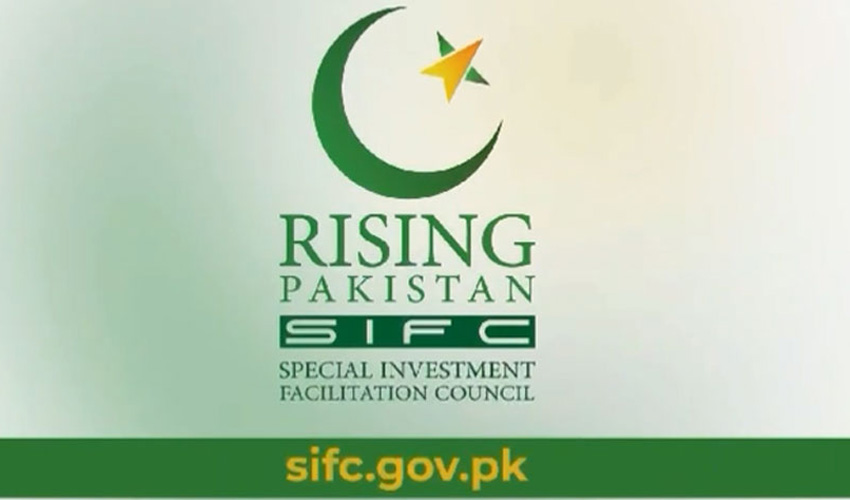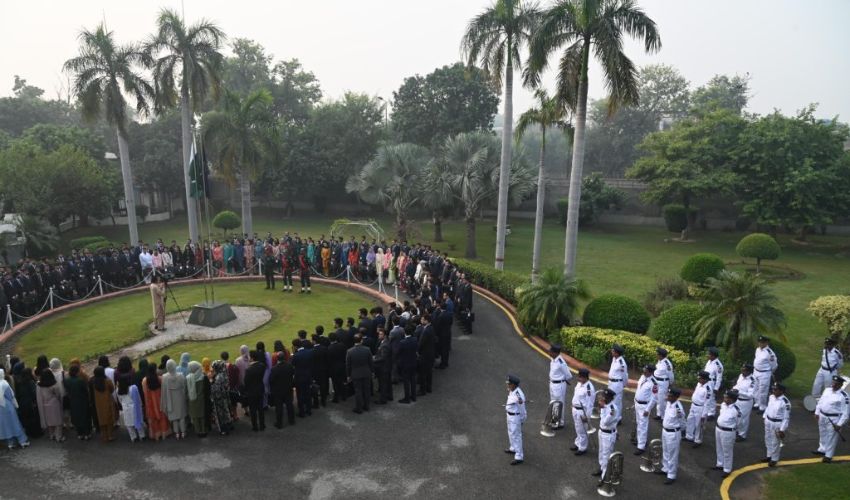The Special Investment Facilitation Council (SIFC) has introduced significant reforms in Pakistan's petroleum sector, implementing key changes to gas sales regulations and infrastructure development options.
In a major policy shift, the gas sales quota for Exploration and Production (E&P) companies has been substantially increased from 10% to 35% of their discoveries. This modification aims to enhance the utilization of natural gas reserves while promoting private sector participation in the energy sector.
The reforms include new flexibility in gas transportation infrastructure, allowing companies to either utilize the existing Sui Gas network or develop their own pipeline systems for timely gas delivery. This dual-option approach is designed to address infrastructure bottlenecks in the gas distribution system.
The policy framework focuses on establishing transparent mechanisms for private sector involvement in the gas market. Officials indicate these measures are expected to help address the sector's circular debt while meeting market demand through increased private sector participation.
These regulatory changes represent part of broader efforts to restructure Pakistan's energy sector, with particular emphasis on addressing the financial challenges faced by gas companies. The new framework aims to create a more market-oriented approach to gas distribution and sales.
The reforms align with SIFC's mandate to facilitate investment in key economic sectors, with the petroleum industry identified as a priority area for structural improvements. The changes are expected to impact both upstream and downstream operations in Pakistan's natural gas sector.



























